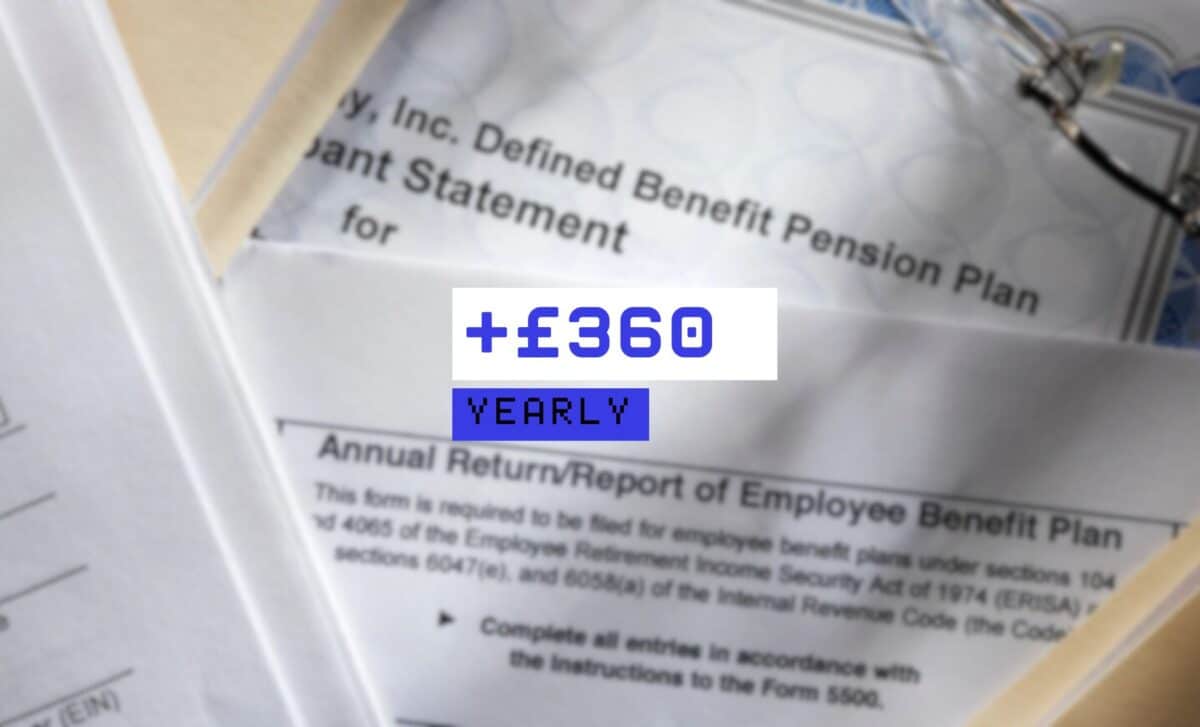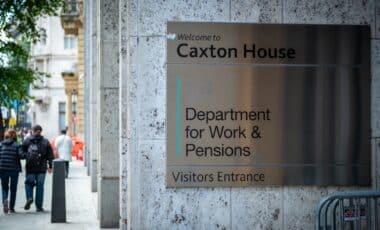State pensioners born before 1953 are receiving up to £360 more per year starting this week, following the UK government’s annual pension uprating. The Department for Work and Pensions (DWP) confirmed increases to the basic and new State Pensions, affecting millions of retirees nationwide.
The changes come into force as part of the government’s commitment to the Triple Lock mechanism, which safeguards pension payments against inflation. The measure ensures pensions rise annually in line with the highest of three indicators: inflation, average earnings, or 2.5%.
Introduced on 7 April 2024, the uprating impacts both the basic State Pension—generally for those who retired before April 2016—and the new State Pension, which applies to retirees after that date. It also includes adjustments to Pension Credit, offering additional support to low-income pensioners.
Increased State Pension Payments Under the Triple Lock
Pensioners who receive the full basic State Pension will now see their weekly payments increase from £169.50 to £176.45, resulting in an annual rise of £360, according to the DWP. Those eligible for the full new State Pension will see their weekly payments climb from £221.20 to £230.25—a yearly difference of £470.
These changes stem from the government’s application of the Triple Lock, which this year reflected earnings growth. The DWP stated that an additional £7.84 billion has been allocated to cover the pension uplift for 2024.
In tandem with the State Pension rise, the minimum income guarantee for those receiving Pension Credit has also increased. From 7 April, single pensioners are guaranteed a minimum weekly income of £227.10, up from £218.15. Couples now receive a minimum of £346.60, compared to £332.95 previously.
According to Work and Pensions Secretary Liz Kendall, the increase represents “an ironclad commitment” to maintaining the Triple Lock and supporting pensioner income. She stated: “We are putting more money in people’s pockets and driving up household income as part of our Plan for Change.”
Broader Government Support for Pensioners
The pension increases arrive alongside a wider set of government measures aimed at bolstering financial security for older citizens. According to Pensions Minister Torsten Bell, the uplift reflects a broader strategy to “improve the lives of millions of pensioners.”
As part of that strategy, the government has reiterated its focus on raising awareness and uptake of Pension Credit, which provides additional financial support to pensioners on lower incomes. Despite previous campaigns, DWP data indicates that a significant proportion of eligible pensioners are not claiming the benefit.
Chancellor Rachel Reeves described the changes as “decisions that support those who need it,” aligning the adjustments with broader welfare and healthcare goals. Alongside the pension reforms, the government announced a £26 billion NHS investment and noted falling waiting lists in England over the past five months.
This latest round of support aims to secure economic stability for pensioners who have contributed to the system over decades, ensuring a reliable income in retirement amid ongoing cost-of-living pressures.









